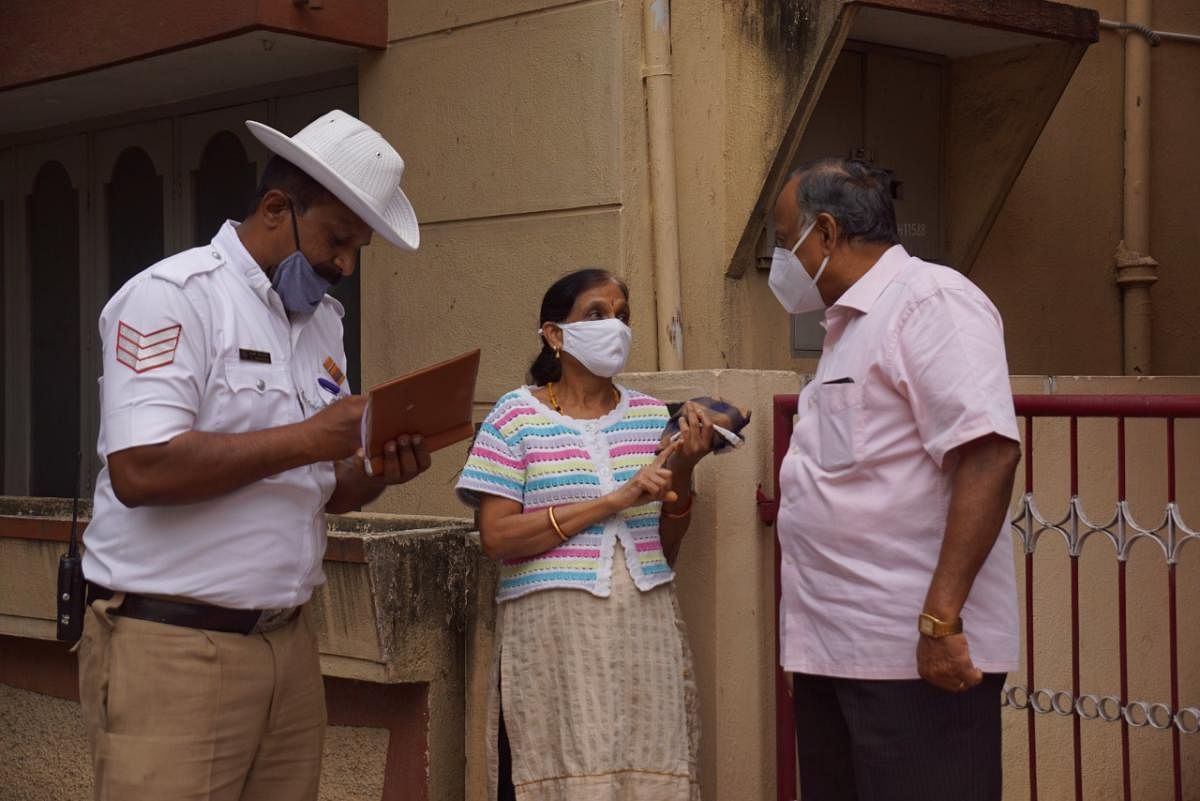
Bengaluru Traffic Police (BTP) have introduced a decentralised ‘beat’ system to ensure citizen-friendly traffic management and empower the constabulary.
Dubbed ‘Sanchara Spandana’, the system authorises a constable or head constable to work with citizens for smooth traffic management in their beat.
Indeed, the BTP is following the beat system introduced among the law-and-order police in 2017. The Banashankari police station was chosen to run a pilot, under which the jurisdiction was divided into 100 beats. The system has now been extended to seven other police stations and will soon be introduced in all 44 traffic stations.
A ‘beat’ will include an area of five to six roads in the vicinity of the station and the constable or head constable will be responsible for local traffic management.
To make the process inclusive, the BTP will enrol a minimum of 75 citizens from the area who will assist the beat cops in their duties.
Each citizen team will include students, women representatives, senior citizens and office bearers of auto-rickshaw drivers’ associations among others.
Joint Commissioner of Police (Traffic) B R Ravikanth Gowda called the system first-of-its-kind in the country. “Our constables’ duties were limited, but with this, they will feel that they are actively contributing to traffic management in their jurisdiction. Citizens will also get a chance to participate in the traffic management of their areas,” he said.
The beat police will work for a two-year tenure and must maintain a beat information book with details about traffic signage, signals and blinkers, auto stands, hospitals, blood banks and ambulance availability and all other traffic related information in the area.
While submitting regular reports to the ASI about the traffic infrastructure and enforcement needs, they will also assist senior officers in investigations. The cops will be in touch with their colleagues in law and order beat and help citizens in need.
Gowda said constables included in the pilot project showed pro-social behaviour. They visited the homes of accident victims and helped them with insurance processes, court related queries and other matters, he added. Constables also reported feeling more responsible and respected in the new system.